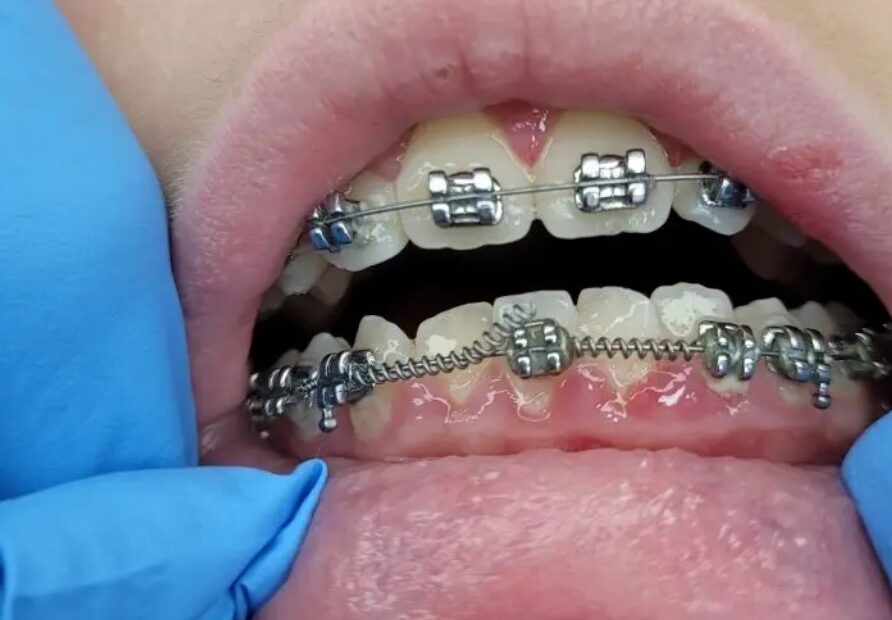Navigating the complexities of dental insurance can be challenging, especially when it involves orthodontic treatments like braces. Understanding What Happens If You Lose Insurance During Braces? is crucial for those in the middle of their orthodontic journey. This article aims to provide comprehensive insights into this situation, helping you to be prepared and make informed decisions.
Key Takeaways
- Impact on Treatment: Losing insurance can affect the continuity and cost of your braces treatment.
- Options Available: Various options exist to manage the situation, including payment plans and alternative insurance.
- Legal Considerations: Understanding your insurance policy and rights is vital in navigating this scenario.
- Long-Term Implications: The impact on your orthodontic care and financial obligations needs careful consideration.
What Happens If You Lose Insurance During Braces?
If you lose insurance during braces treatment, you will likely become responsible for all remaining treatment costs. This situation requires immediate communication with your orthodontist to discuss financial implications and potential solutions, such as payment plans or exploring alternative insurance options.
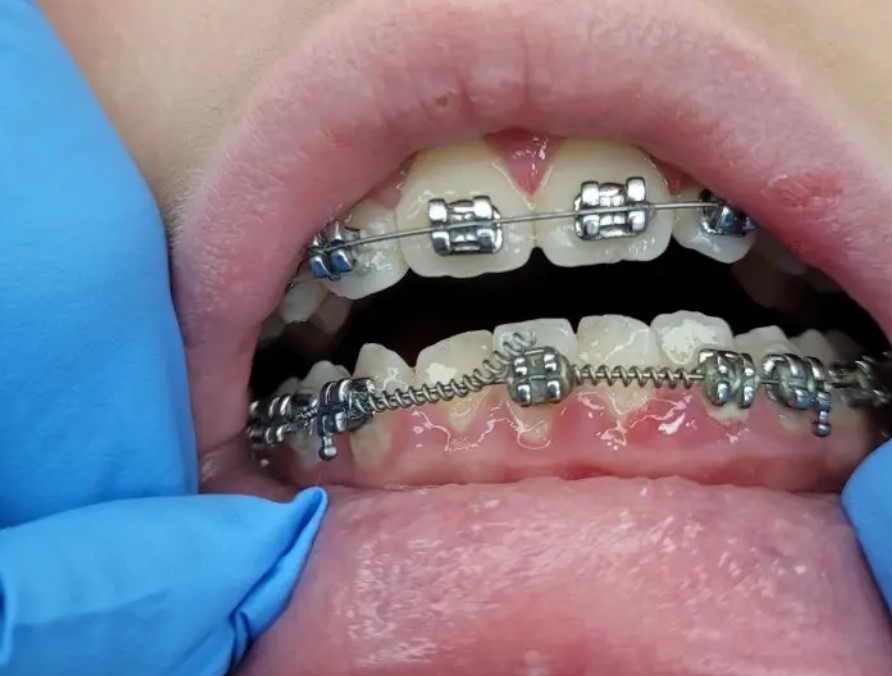
Additionally, the loss of insurance might impact the quality or duration of your orthodontic care if it leads to delays or changes in the treatment plan.
Understanding the Impact on Orthodontic Treatment
The Immediate Effects
When you lose your dental insurance during braces treatment, the most immediate impact is financial. You may be required to cover all remaining costs out-of-pocket, which can be substantial depending on the stage of your treatment.
Long-Term Treatment Considerations
Losing insurance can also affect the quality and duration of your orthodontic care. It’s crucial to discuss your situation with your orthodontist to understand how the change in insurance status might impact the treatment plan and outcomes.
Exploring Alternative Insurance Options
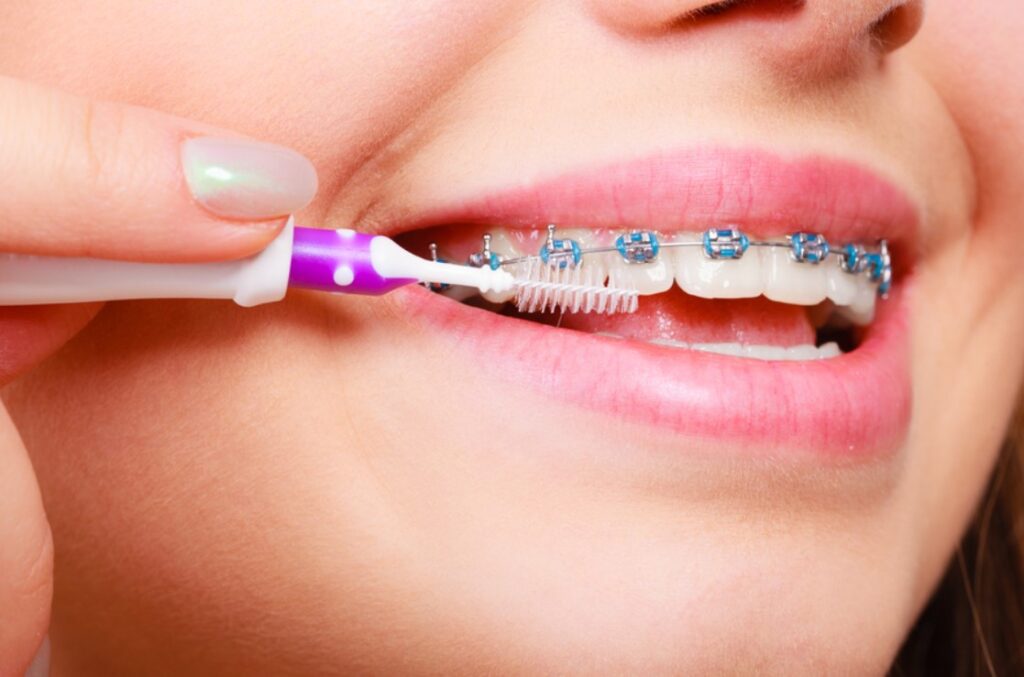
Finding New Coverage
If you lose your insurance, exploring new coverage options is essential. This might include employer-sponsored plans, private insurance, or government programs.
Understanding Coverage Limits and Exclusions
Different insurance plans have varying coverage limits and exclusions, especially for orthodontic treatments. It’s important to thoroughly understand these details before choosing a new plan.
Legal and Policy Considerations
Your Rights and Responsibilities
Understanding the terms of your original insurance policy is crucial. This includes knowing your rights regarding coverage termination and any responsibilities you have towards your orthodontist.
In some cases, disputes arise regarding coverage termination. Seeking legal advice or assistance from consumer protection agencies can be beneficial in resolving these disputes.
Managing Financial Obligations
Payment Plans and Discounts
Many orthodontists offer payment plans or discounts for patients who lose insurance coverage. Discussing these options with your provider can help manage the financial burden.
Seeking Financial Assistance
There are various financial assistance programs and charities that provide support for individuals struggling to pay for orthodontic treatment.
Long-Term Implications and Planning
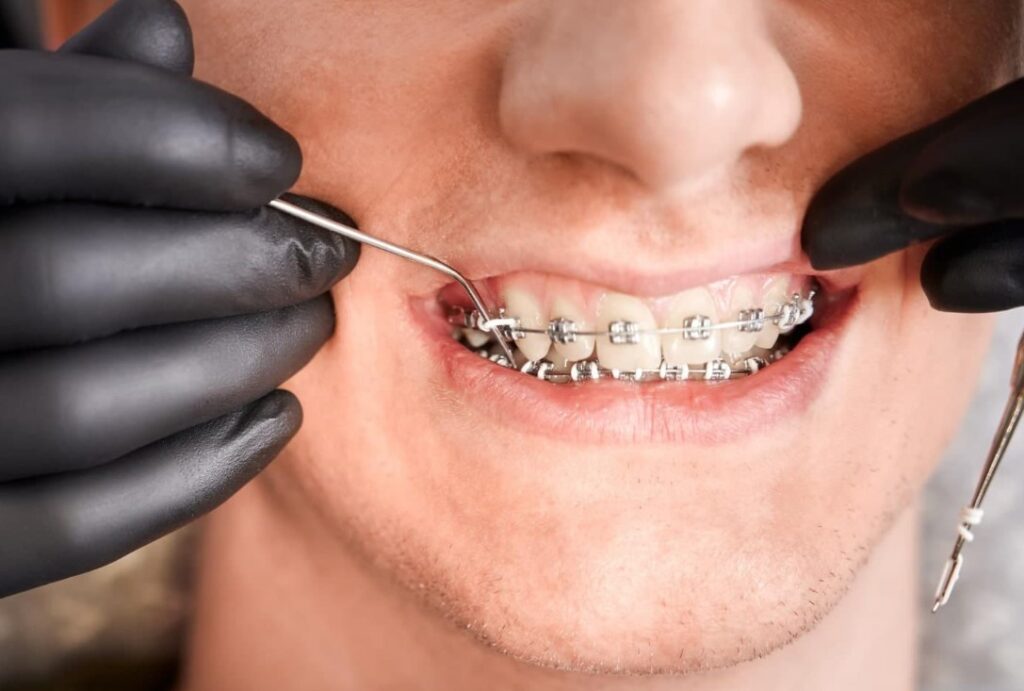
Impact on Oral Health
Losing insurance during braces treatment can have long-term implications on your oral health, especially if it leads to interrupted or incomplete treatment.
Financial Planning for Orthodontic Care
Planning for the potential loss of insurance during orthodontic treatment is a wise step. This includes saving for out-of-pocket expenses and exploring all insurance options.
Why Does My Insurance Not Cover Braces?
Dental insurance typically does not cover braces for adults over the age of 18, as braces are often considered a cosmetic procedure for adults. The perception is that in adults, braces are primarily for aesthetic improvements rather than medical necessity.
However, under certain circumstances, such as difficulties with chewing or speaking, both medical and dental insurance may cover braces. This underscores the notion that elective or cosmetic dental work, including orthodontic procedures like braces, is almost never covered by standard dental insurance plans.
Is Insurance Worth It For Braces?
Determining whether insurance is worth it for braces depends on your specific situation. Dental insurance plans that include orthodontic coverage typically cover only a percentage of the treatment cost, often around 50%, and are subject to a relatively low lifetime maximum.
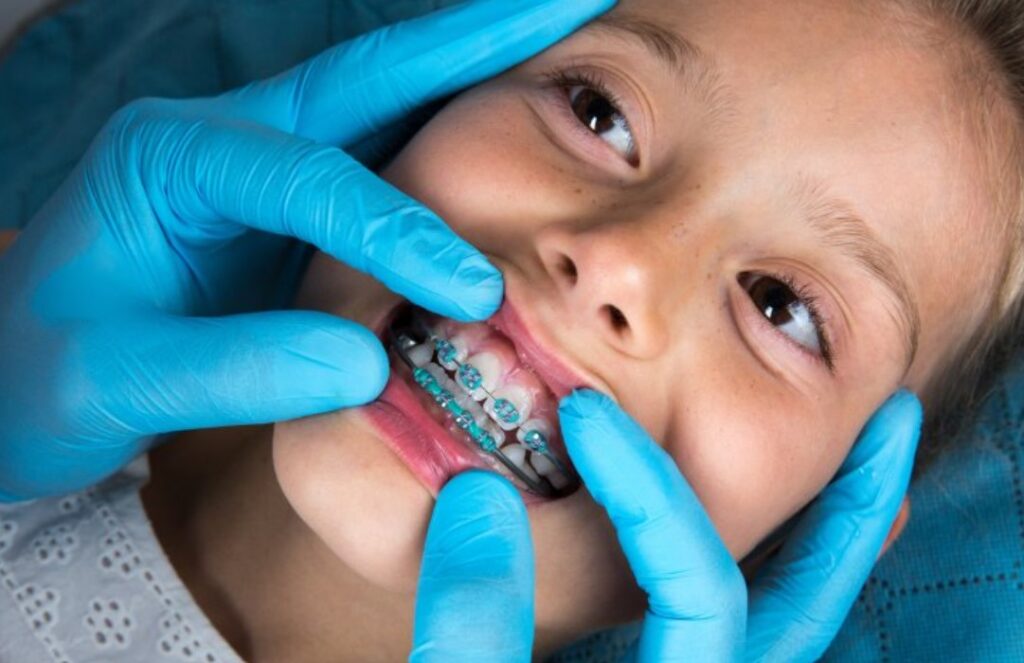
The cost of braces without insurance can range from $2,750 to $7,000 for metal or ceramic braces, while with insurance, the cost may range from $1,638 to $4,933.
This variation in costs indicates that insurance can significantly reduce the financial burden of braces. However, the decision to opt for insurance should be based on your individual needs and financial situation, as well as the specific benefits offered by the insurance plan.
Will Insurance Cover Braces Twice?
Insurance coverage for braces a second time is not a straightforward matter and varies depending on the specifics of the insurance plan and the reason for the repeated treatment.
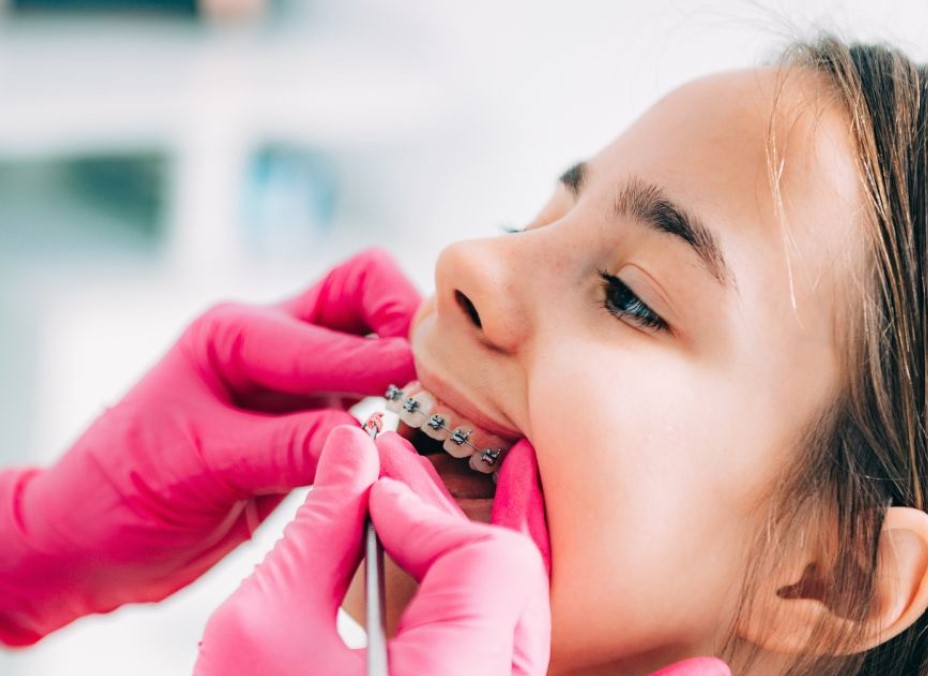
Some insurance policies may cover orthodontic treatment twice if there’s a change in your insurance coverage or if the braces are considered medically necessary.
However, if the need for braces a second time is attributed to wear and tear or a failure to follow prescribed orthodontic care (such as not wearing a retainer), insurance is less likely to cover the costs.
It’s important to check the details of your specific insurance plan and consult with your provider to understand the coverage offered for orthodontic treatment, especially for a second course of braces.
Conclusion
Losing insurance during braces treatment is undoubtedly challenging, but with the right knowledge and approach, you can navigate this situation effectively. Understanding your options, rights, and responsibilities, as well as planning for financial implications, are key steps in managing this scenario.
Remember, maintaining open communication with your orthodontist and exploring all available resources can significantly mitigate the impact of losing insurance during orthodontic treatment.
Top FAQ’s
Are there any external resources or programs that can help cover the cost of braces after losing insurance?
Yes, there are various resources and programs available. These include non-profit organizations that offer financial assistance for dental care, community health centers with sliding fee scales, and state or federal programs that provide aid for medical and dental treatments.
Can I negotiate the cost of my ongoing treatment with my orthodontist?
Yes, it’s often possible to negotiate the cost with your orthodontist, especially under unforeseen circumstances like losing insurance coverage. Many orthodontists are willing to work out a financial arrangement or provide a discount to help you manage the costs.
What are the potential risks of discontinuing braces treatment due to loss of insurance?
Discontinuing braces treatment prematurely can lead to various dental issues, including misaligned teeth, bite problems, and potential relapse of any progress made. It can also result in the need for more extensive orthodontic work in the future.
Is it possible to pause my braces treatment until I regain insurance coverage?
Pausing your braces treatment is generally not recommended, as it can lead to complications and prolong the treatment duration. However, discuss this with your orthodontist, as they might offer a temporary solution or adjust your treatment plan to accommodate your situation.

Muhammad Talha Naeem is a seasoned finance professional with a wealth of practical experience in various niches of the financial world. With a career spanning over a decade, Talha has consistently demonstrated his expertise in navigating the complexities of finance, making him a trusted and reliable figure in the industry.
